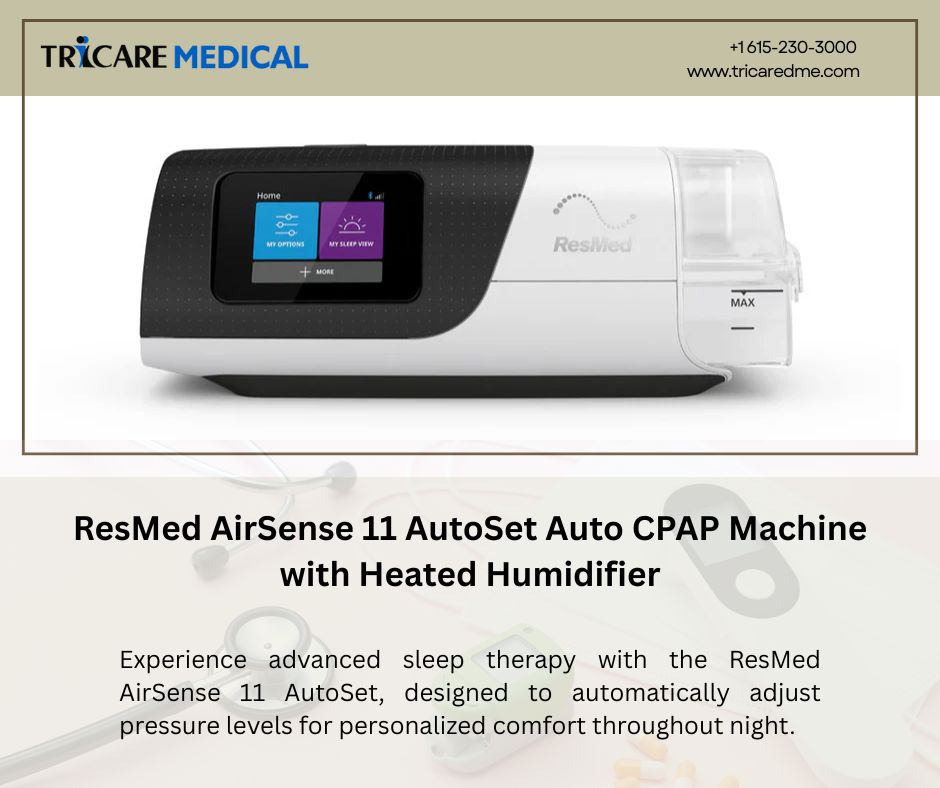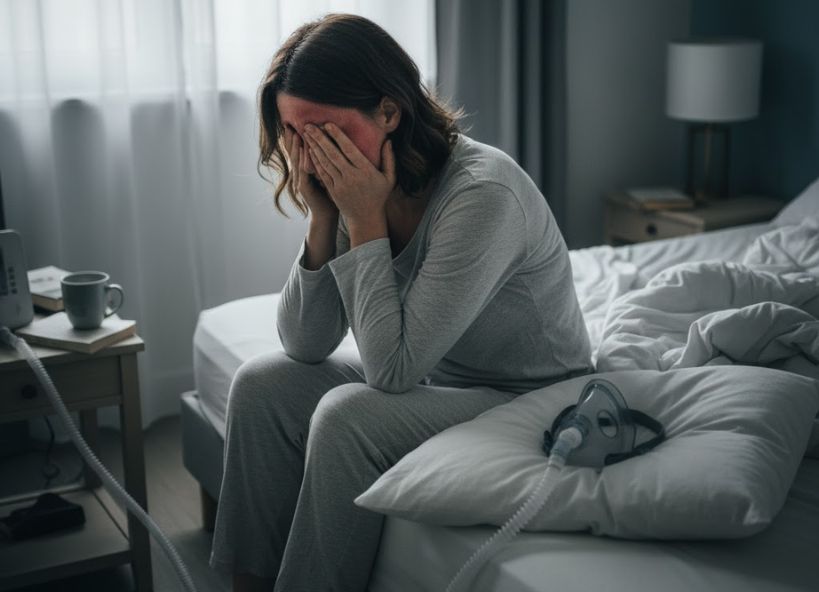The Benefits of Humidification Systems: Improving Indoor Air Quality
- 2 min reading time
Humidification systems are becoming increasingly popular in the United States as people become more aware of the benefits of properly humidified air. These systems are designed to add moisture to indoor air, which can help to alleviate a variety of health issues, such as dry skin, respiratory problems, and even allergies.
In this blog post, we will take a detailed look at humidification systems in the US, including the different types available and their benefits.
Types of Humidification Systems
There are several types of humidification systems available in the US, each with its own unique features and benefits. The most common types include:
-
Portable Humidifiers
Portable humidifiers are small, standalone units that are designed to be placed in a single room. They are relatively inexpensive and easy to use, but they require frequent maintenance to prevent the growth of bacteria and mold.
-
Whole House Humidifiers
Whole house humidifiers are installed directly into a home's heating and cooling system. They are more expensive than portable humidifiers, but they are also more effective and require less maintenance. Whole house humidifiers can be either steam or evaporative types.
-
Ultrasonic Humidifiers
Ultrasonic humidifiers use high-frequency vibrations to turn water into a fine mist, which is then released into the air. They are quiet and energy-efficient, but they can also produce a white dust that settles on surfaces.
Benefits of Humidification Systems
There are many benefits to using a humidification system in the US, including:
-
Improved Indoor Air Quality
Humidification systems can help to improve indoor air quality by reducing the amount of airborne pollutants and allergens. Properly humidified air can also help to alleviate symptoms of respiratory conditions such as asthma and allergies.
-
Reduced Risk of Illness
Dry air can make it easier for viruses and bacteria to spread, increasing the risk of illness. Humidification systems can help to reduce this risk by maintaining optimal humidity levels.
-
Improved Comfort
Properly humidified air can help to alleviate dry skin, chapped lips, and other discomforts associated with dry air.
-
Energy Savings
Humidified air feels warmer than dry air, which can help to reduce heating costs in the winter. Additionally, humidification systems can help to reduce the workload on HVAC systems, which can lead to energy savings over time.
Conclusion
Humidification systems are an excellent investment for those looking to improve indoor air quality, reduce the risk of illness, and increase overall comfort. While there are several types of humidification systems available in the US, it is important to choose one that meets your specific needs and budget. Proper maintenance is also crucial to ensure that your humidification system continues to function properly and provide the desired benefits.



